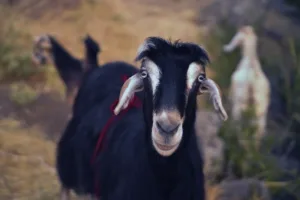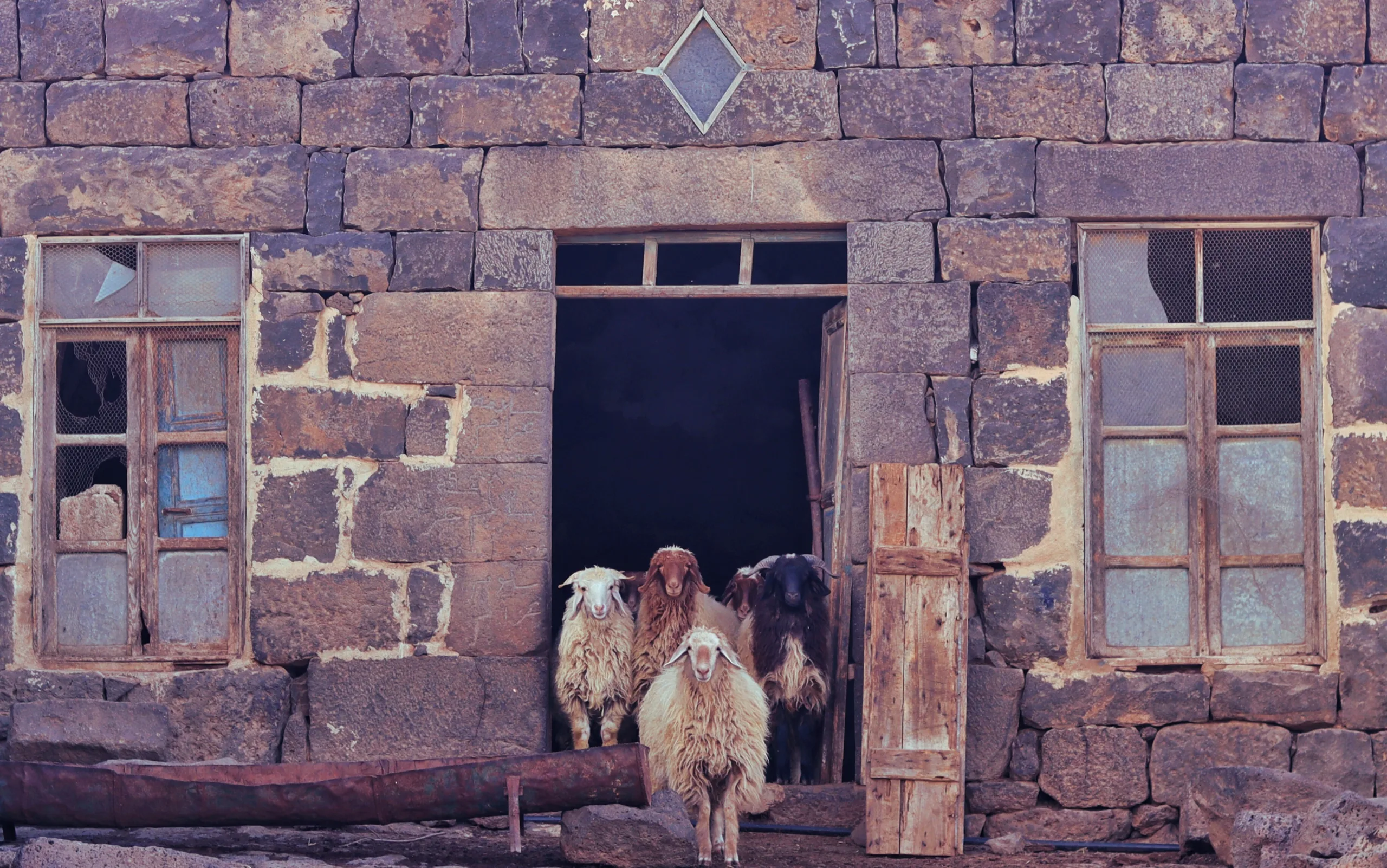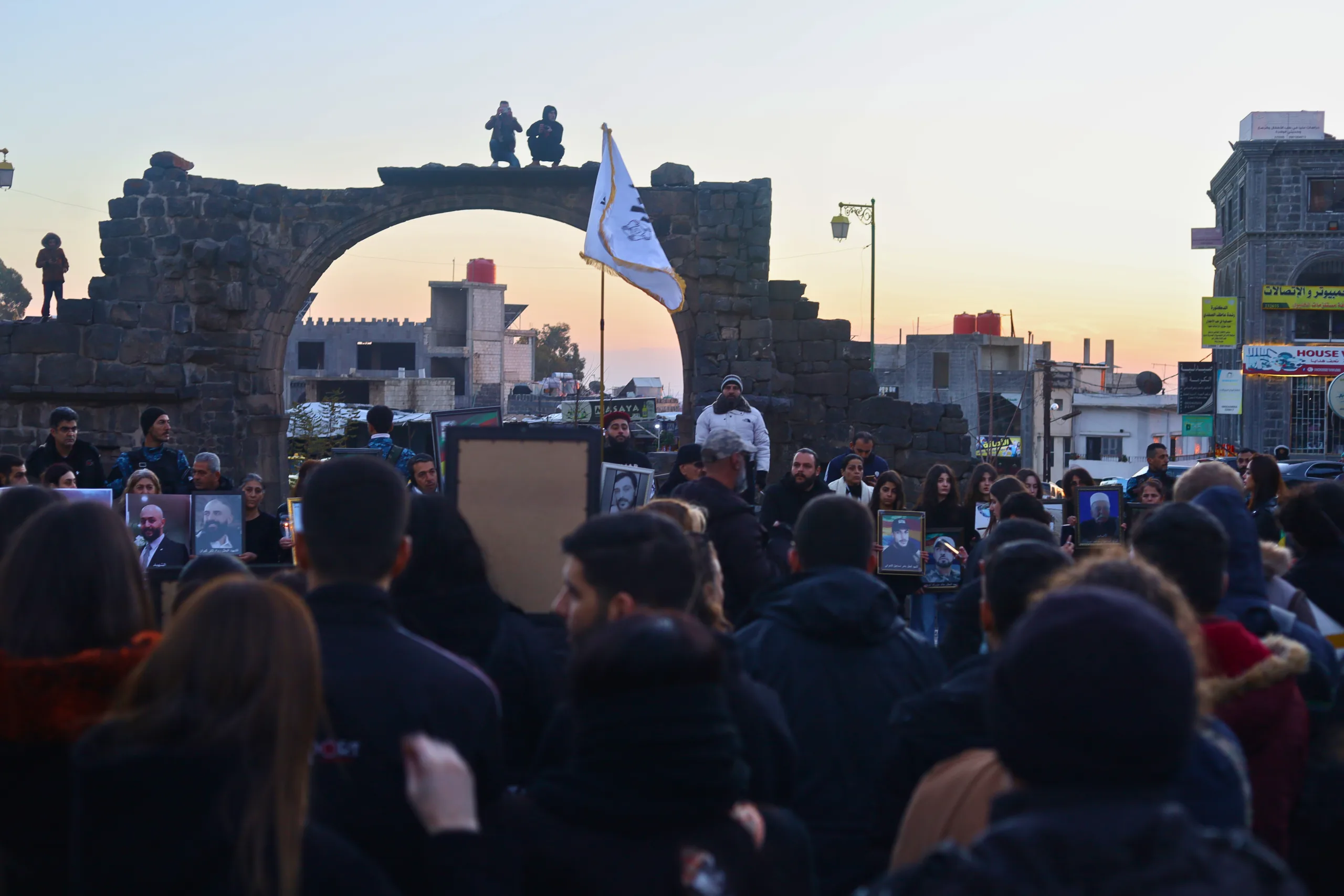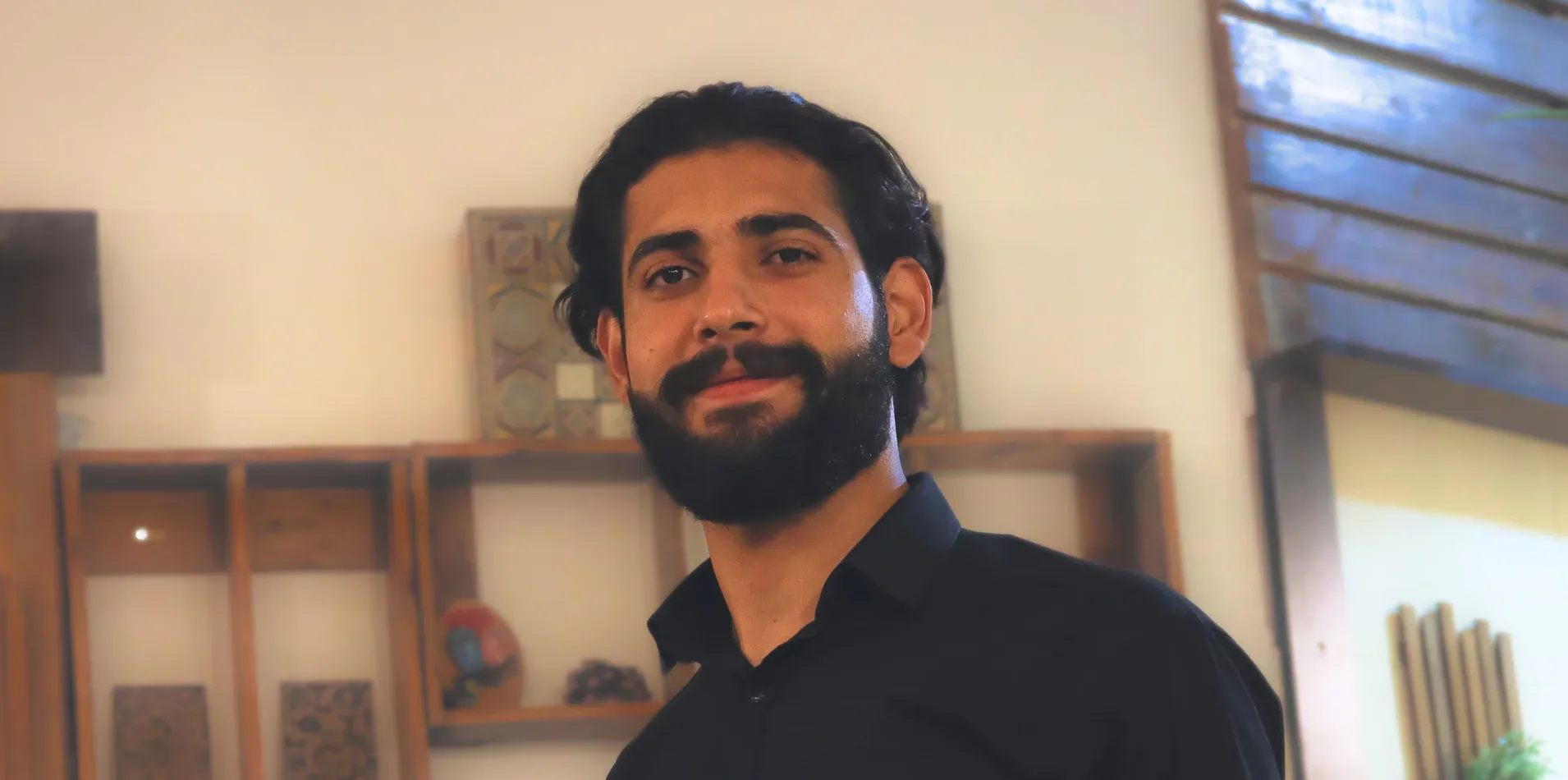People of the mountain in As-Sweida,
we are the eyes you meet when the stone door opens at dawn. We stand in the shade and watch your hands fix a pane, tighten a rope, count a precious minute of power on a rationed grid, and hide a bucket of water until its turn. We are not a headline. We are breakfast if milk sets into cheese, and your evening cup if it reaches the table cold. When this simple rhythm stumbles, our hooves feel it before your markets do.
You taught us that water keeps strict time. One hour of pumping can remake a day for a whole herd. When the pump falls silent, we drift to tired troughs, lose our appetite, and the milk turns dull. We know fuel is scarce and electricity is thin, so we are not asking for miracles. Give us a routine we can trust. A flexible tank at the village edge, troughs rinsed each evening, a queue that does not collide with the school line or the house buckets. If we know our turn will come, the herd settles, losses fall, newborns gain strength, and the illnesses that love stagnant water more than we love rain step back.
We once knew our route as surely as you know the weekly market. Out at first light, pasture, back before the stones heat up. This summer the route changed. Violence and displacement cut a piece of the path, feed grew pricier, the math went sideways. We do not ask for long stories. A short, safe corridor inside the villages is enough, a quiet crossing at dawn, a quick return to shade before the heat climbs. If you see us on the field’s edge at first light, let us pass, then let us vanish as we came. Every minute under a hard sun costs extra water, extra money, and a restless night for those who keep us.
The school that became a shelter taught us how to live close without friction. In the back lot stands a rough pen built from old wood, with a cloth sail to soften the heat. We learn to pass before the children wake, to leave the path clean, to move the troughs one step farther from the doorway. None of this appears in situation reports, yet it makes a quiet difference the next day. When a cup of milk and a school notebook share space without quarrel, we know the town still remembers what comes first.
Milk is a sensitive child. It loves clean water, shade, and cold. We give it from our bodies. You protect its first breaths. Two small solar coolers in steady rural spots would put a pulse back in the milk route, even for a while. We do not need big trucks or ceremony. We need a clean container, a simple scale, and a short safe ride to a dairy that knows our village by name and by salt. If milk arrives fresh, the market remembers itself faster than you think. One round of fresh cheese in one shop can lift a whole street and soften tempers by noon.

We also need a little medicine and fewer speeches. A vet in a well-used car, a vaccine on time, a dose for parasites, and a brief note on isolation and hygiene. Pin a plain paper to the barn door: last vaccination date, water per hundred head, today’s price of barley. Small numbers prevent quiet sickness from growing large, and give the farmer a fair reason when feed must be shared evenly. We do not like to fall ill, not only because it hurts, but because we see the worry in your eyes when weight drops, heat cycles slip, and births miss their season.
When grazing shrinks, feed rises. That rule does not argue. If feed must fill the gap, let it be shared with a clear pact. A small community fund that moves between the most strained families, vouchers that do not invite confusion, a quick vet check at each handover. A handful of grain on time is kinder than a sack that comes late, when fleece dulls and eyes sink. If you can, sow a strip of clover near the water. Nearby grass saves time and fuel, and keeps traffic off roads that cannot carry more stories.
Markets like plain words. Post a weekly price for milk and barley on the co-op or municipal board. A posted price cuts the whisper of middlemen and lets farmers plan. We do not bargain with taste, nor with a clean container, nor with time. We give what we have, all of it, our meat, our fleece, our milk. The rest is yours. A fair word between neighbors, a road that does not grind nerves, a scale that calms the heart.
At night, someone fixes a cable with no audience. Someone finds a used hose that fits an old pump. Someone arranges one extra pumping hour for a well that feeds three villages. These small acts are ground policy. No banners, no speeches. They keep milk moving, cool tempers before they flare, and turn silent losses into small savings that add up. Over time they become an unwritten rule. Breaking it feels like tampering with the community’s bread, not just a neighbor’s herd.
We know many homes in As-Sweida still pin the photos of their sons to the wall and are learning to carry grief without stopping life. So we speak softly and step carefully around your words. We are not asking for sympathy. We ask for an order that fits a house sharing water and memory. If watering keeps its schedule, if shade over pens broadens, if the milk route breathes cold again, voices soften, and the mountain recovers its habit of arranging the day, slowly, in the right order.
We suggest what our bodies have learned. A clean water point that does not move each day. A short village corridor that avoids schools and cuts the heat. Small coolers that do not complain and run on sun when the grid fades. Light vet rounds that keep their dates. A feed fund with clear rules that does not buckle under pleading. A paper that lists milk prices and pumping hours, so decisions do not depend on a phone that will not answer. None of this is too much for the mountain, and all of it costs less than losing a season.
If you see our wool clean, our eyes bright, our step steady, something outside has returned to its place. If the cup of milk reaches your table and does not turn before evening, that is another sign that the road has found its breath and the market remembers its names. We are the herd of this mountain. We pace our patience to yours, moving with the key that turns your barn doors at dawn. Give us water that keeps its time, cold that does not fail, a road that does not cut, and we will give you food without fuss, a simple reason for a day worth beginning. In As-Sweida, that small assurance is enough to steady a household.
Sources
Condensed from field updates and assessments on As-Sweida in July and August 2025, including: humanitarian operations briefs on fuel for pumping, bakery flour, and medical supplies, local notes on well repairs and limited electricity, and rapid site snapshots in Dar’a and Rural Damascus that document sheltering in schools, water and sanitation gaps, and short daily power. Cultural impact reporting on mourning practices and community trust provided context for tone and references.



